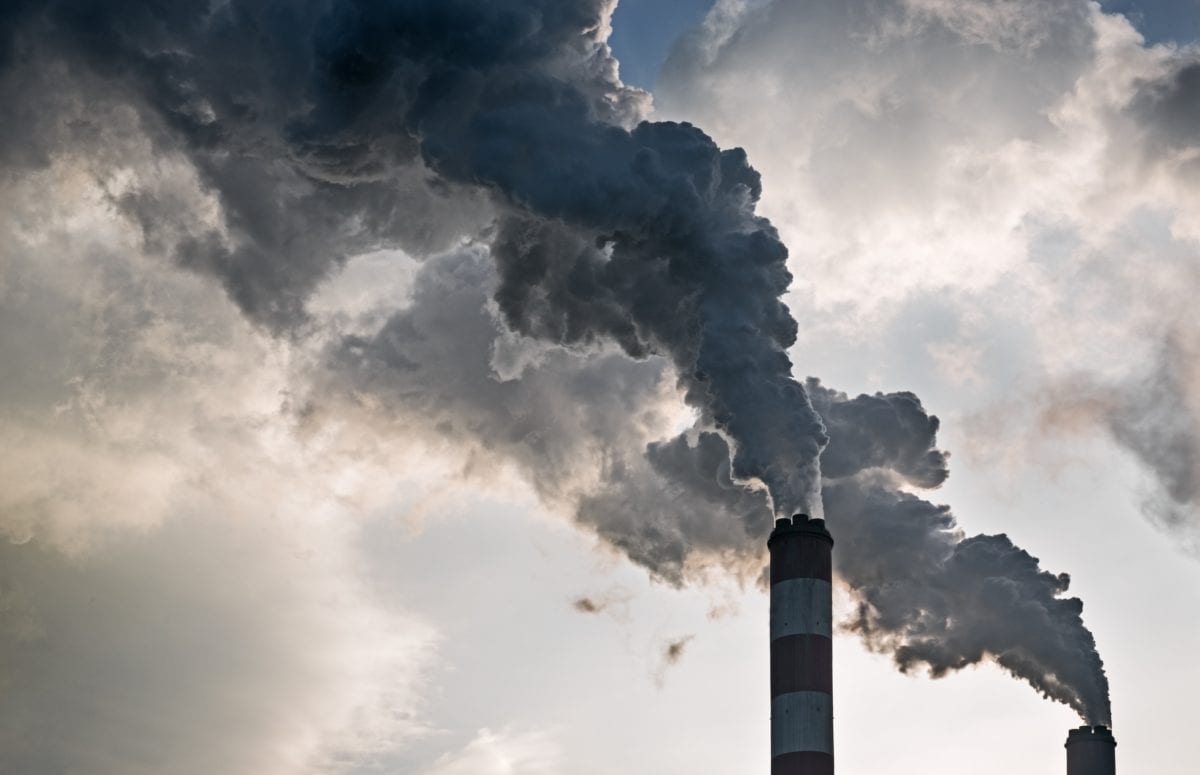Brazilian bioethanol firm FS is set to become the world’s first biorefinery to have a negative carbon footprint. This title will be achieved through a Bioenergy with Carbon Capture and Storage system (BECCS) – a novel process that will see CO2 captured, compressed and dehydrated before being stored in the ground.
The method is to be implemented at FS’s Lucas do Rio Verde plant, with the carbon injection site within a 5km radius of the plant. Through adoption of the technology, carbon emissions will not only be reduced from the process, but will go a step further to reduce CO2 in the surrounding environment as well.
“In our tireless pursuit of transforming our industry, we constantly invest in innovative solutions and the BECCS system is an important technology to help achieve carbon neutrality goals to address climate change,” said Rafael Abud, the CEO of FS in a statement.
FS is the first and largest Brazilian company to solely use corn to produce its ethanol and other bioenergy products. In addition to ethanol, FS produces animal nutrition products known as Dried Distillers Grains (DDG), as well as corn oil and bioelectricity products. Its two plants in Lucas do Rio Verde and Sorriso- with capacities of 550m litres and 850m litres of ethanol respectively – deploy processes that produce zero wastewater, instead entirely reusing water from the closed production cycle.
FS has already voiced ambitious clean targets, aiming to reach 32m CBIOs (tons of CO2) by 2030, and the implementation of BECCS sits in the midst of the company’s longer-term commitment to reducing its carbon emissions and implementing cleaner processes in its supply chain – in six set commitments related to the UN’s Sustainable Development Goals. These goals include bringing innovation to the industry, reducing CO2 emissions through CCS, and contributing to increased transparency in the industry.
The BECCS system is currently utilised in three commercial projects worldwide, and has already been certified in California as part of the state’s biofuels program, the Low Carbon Fuel Standard.







